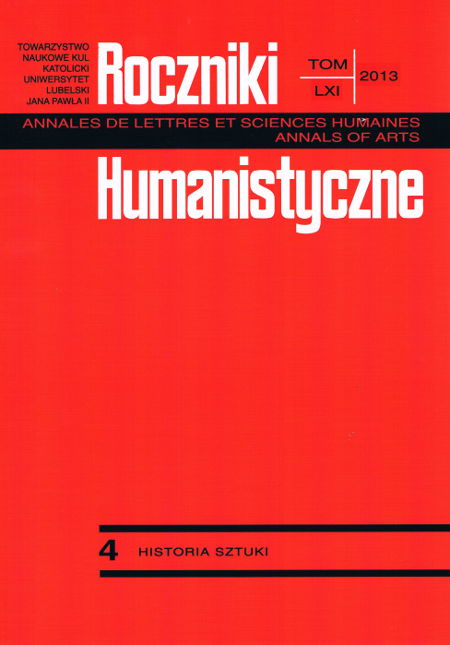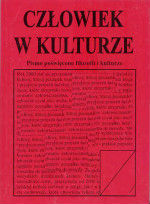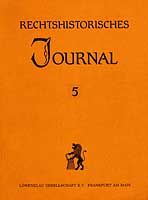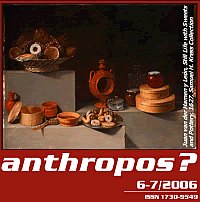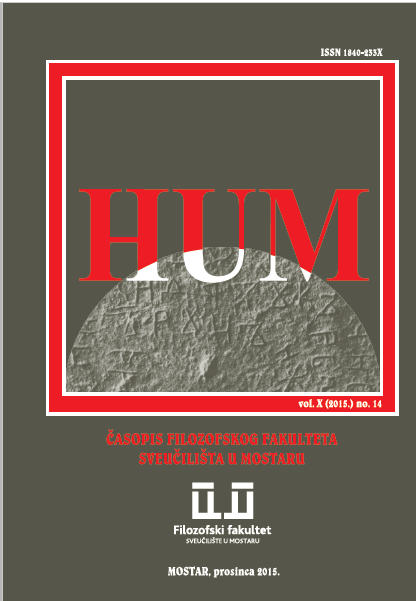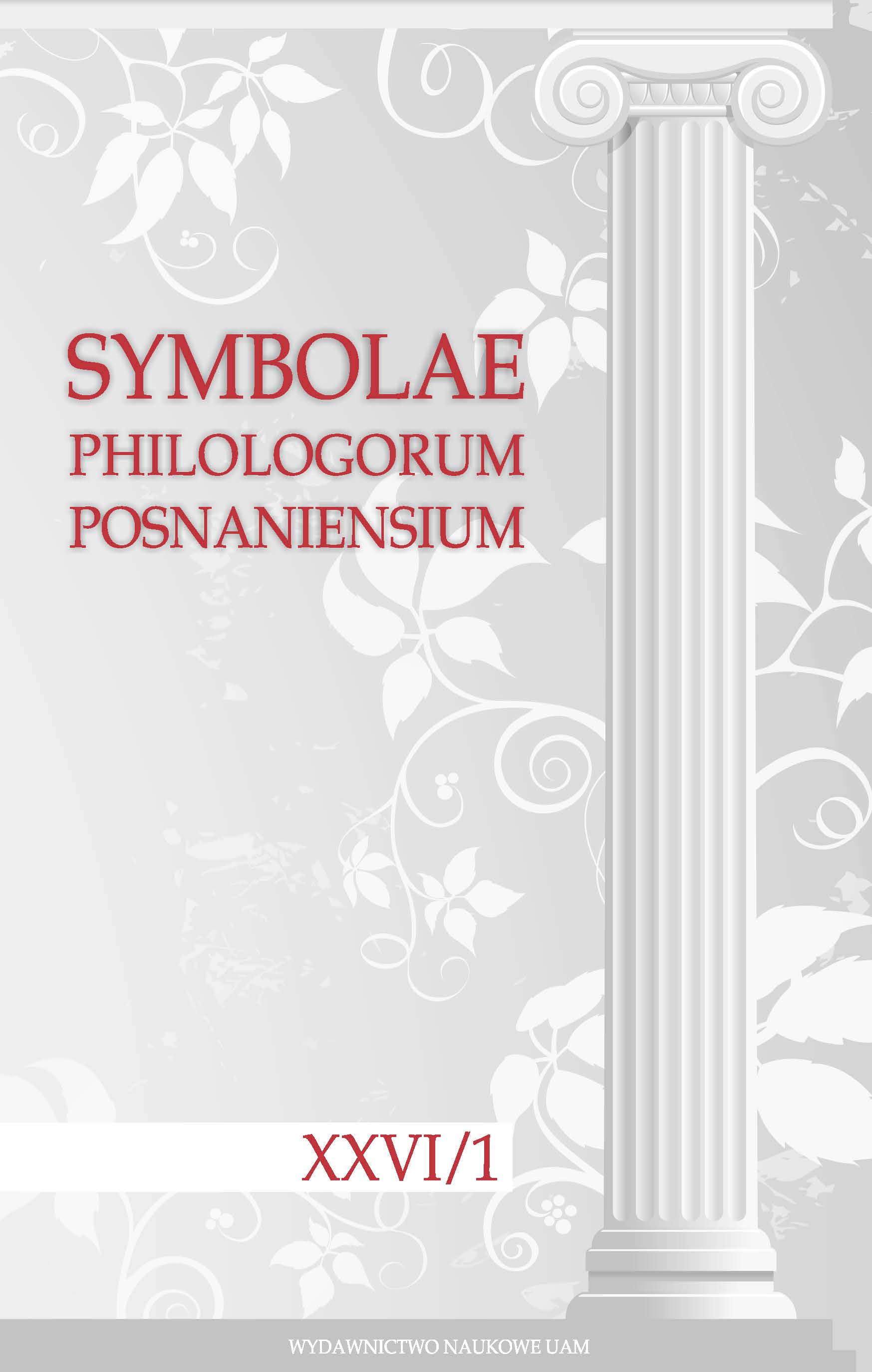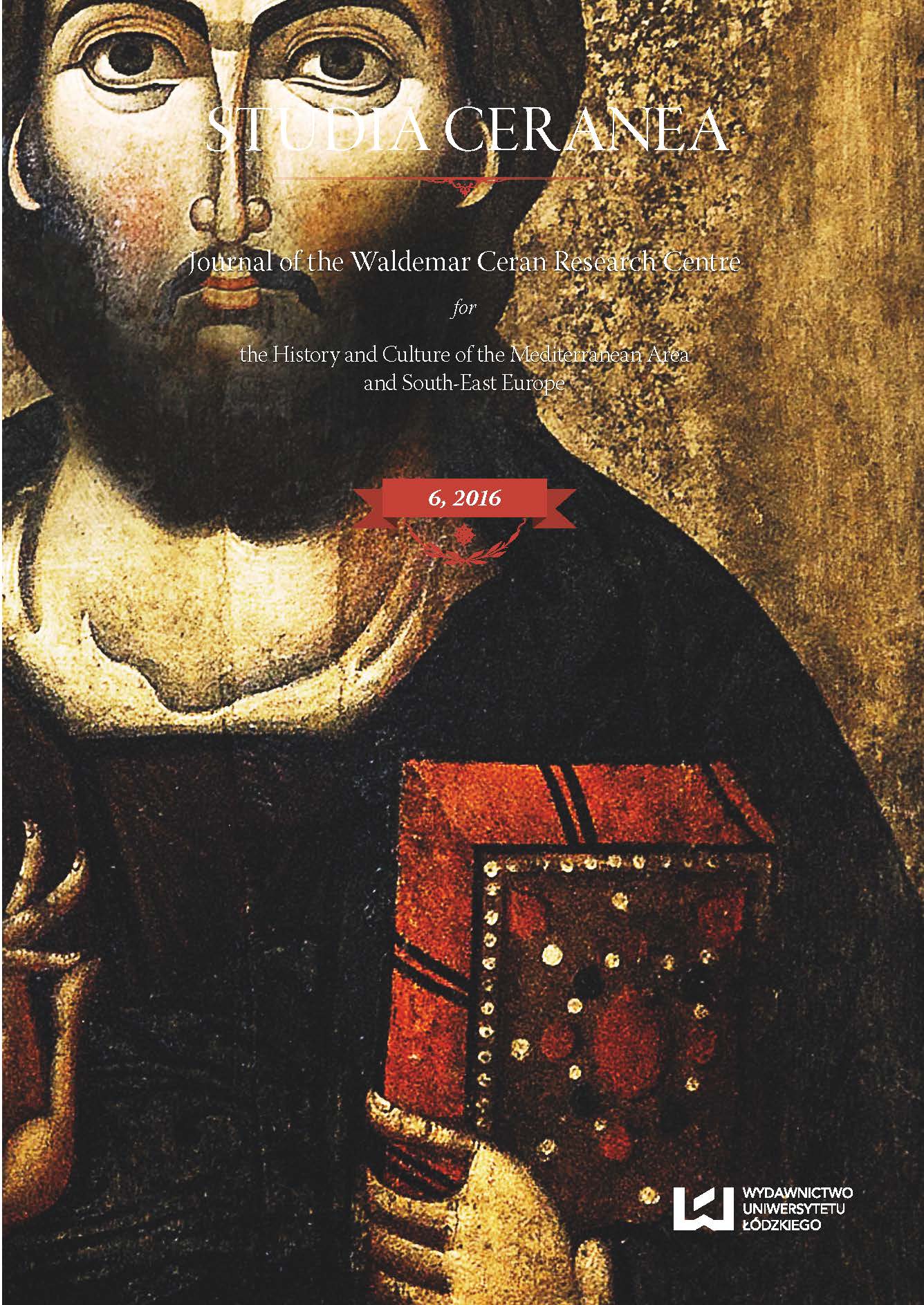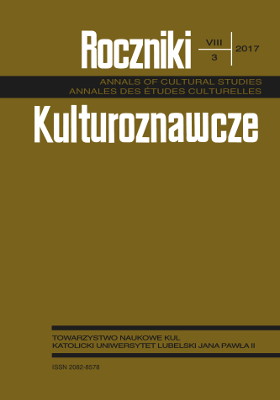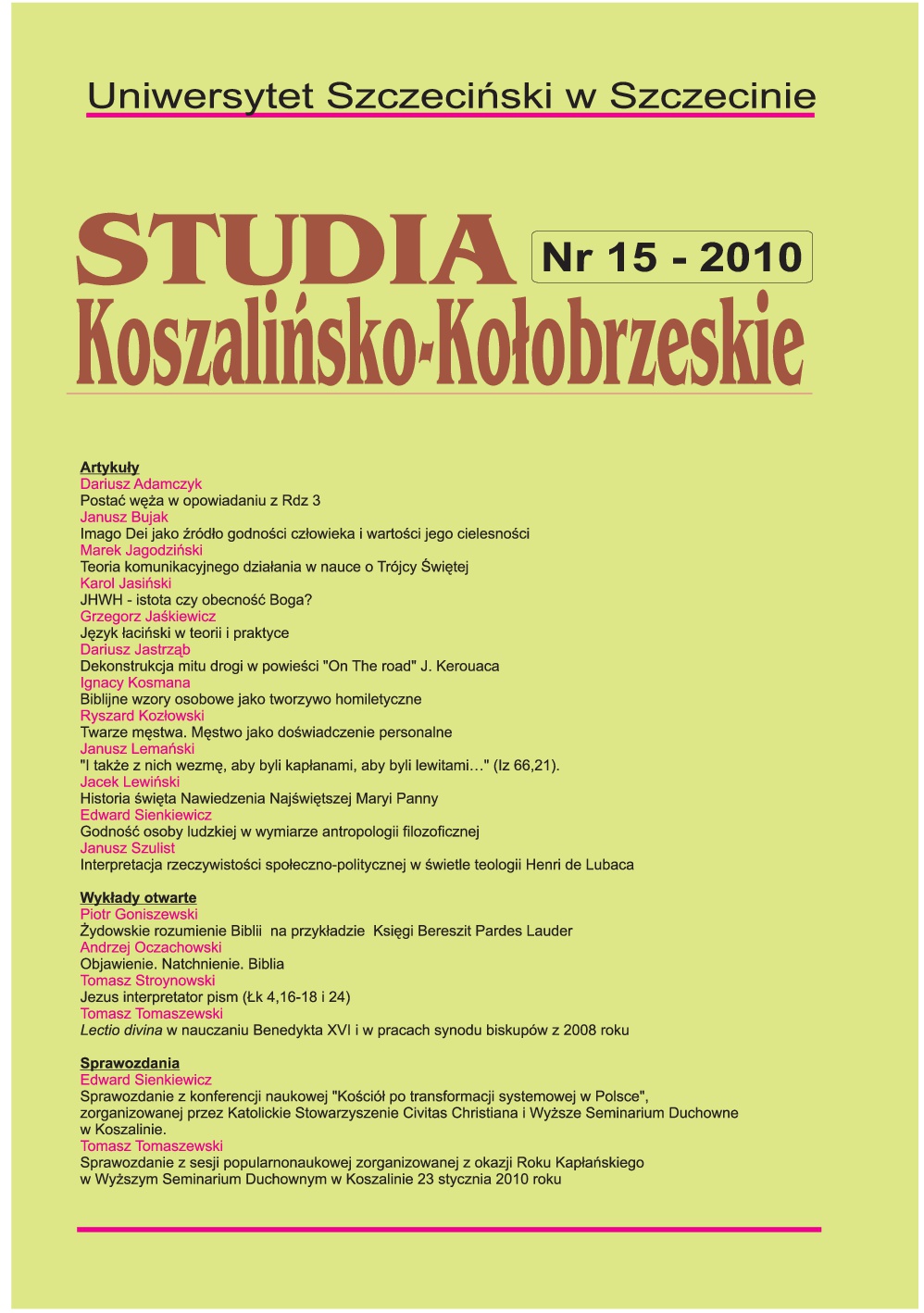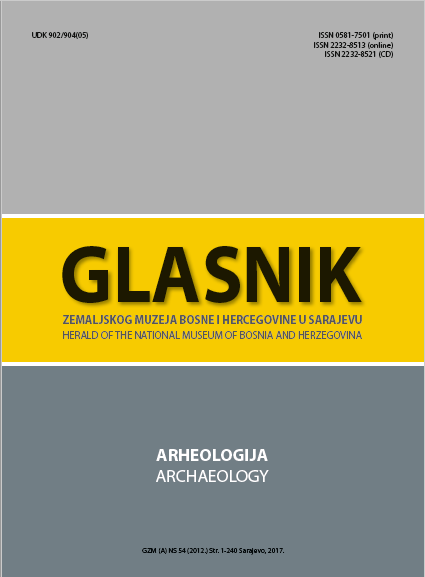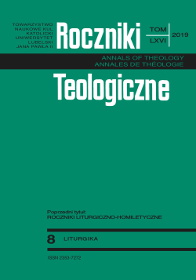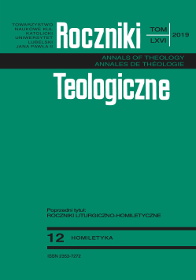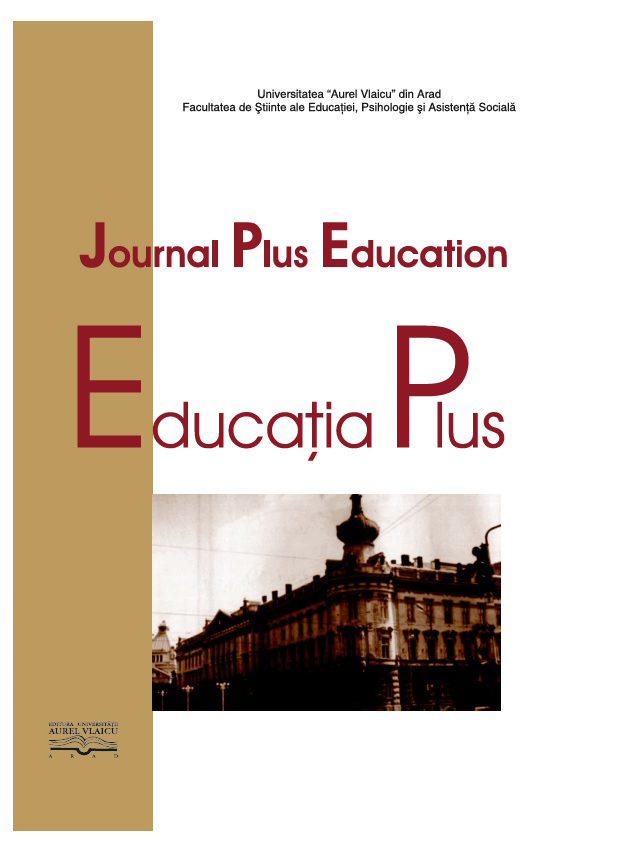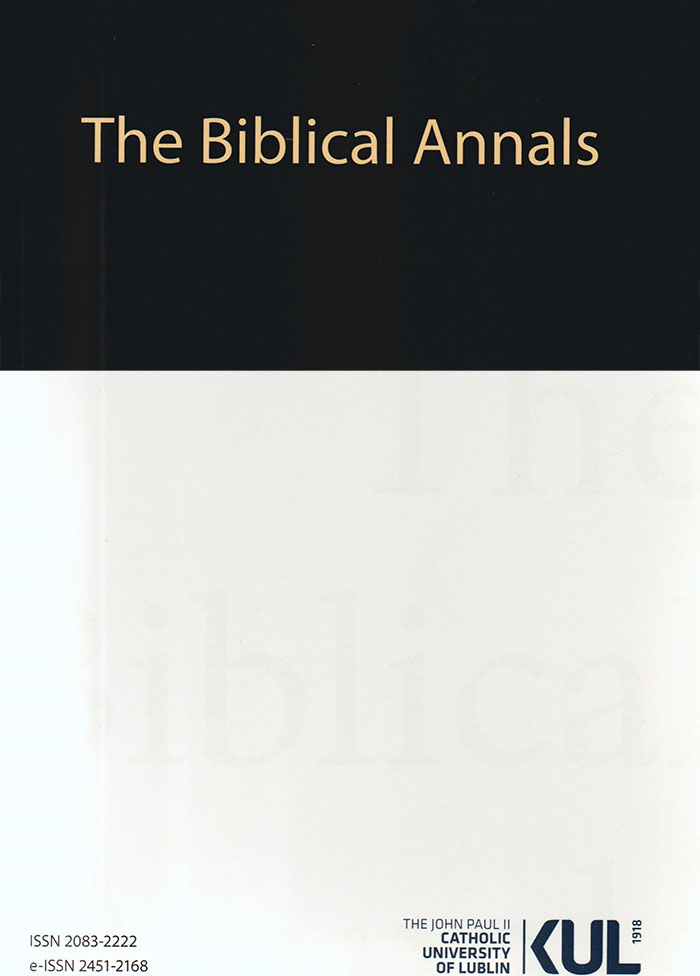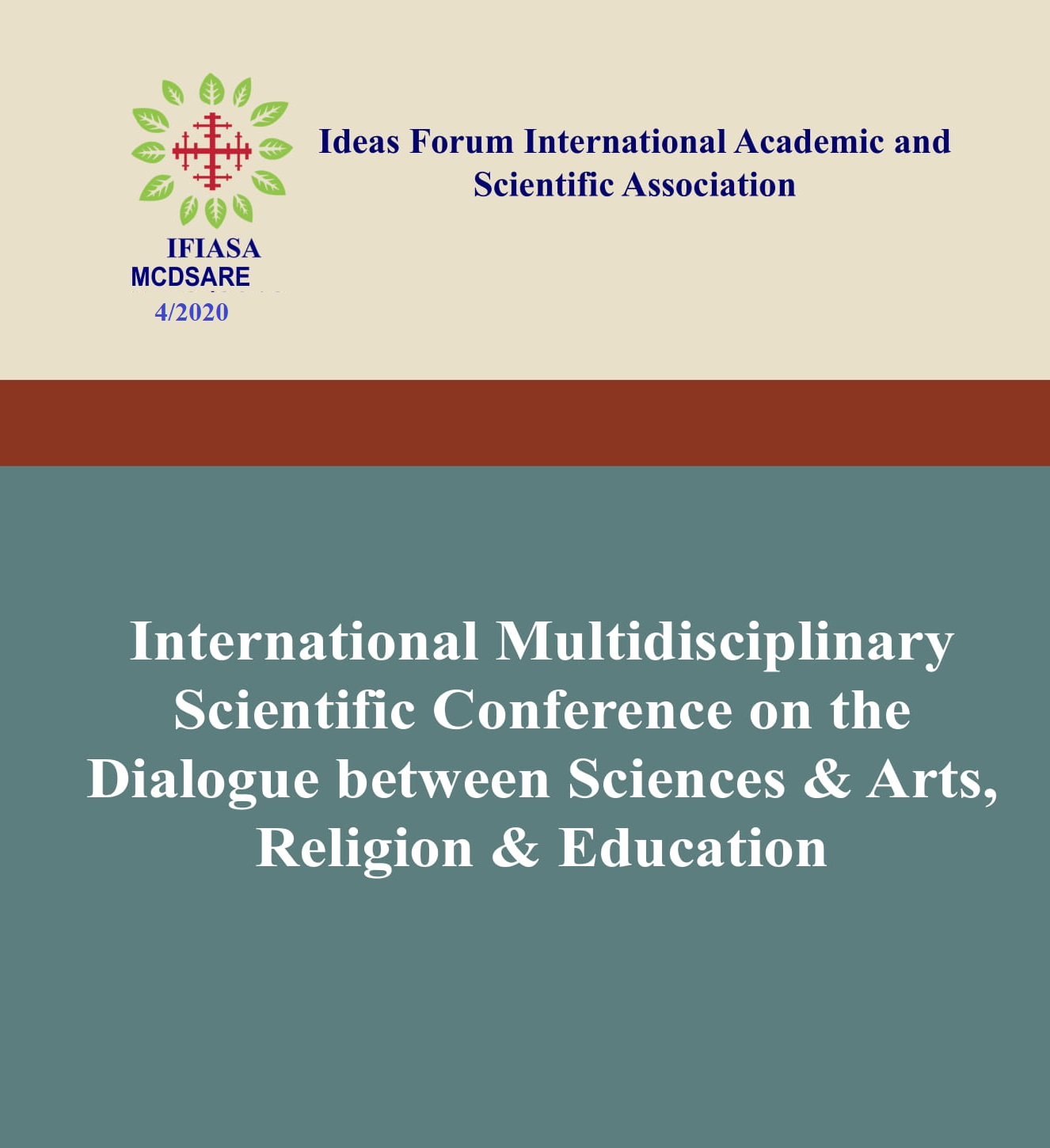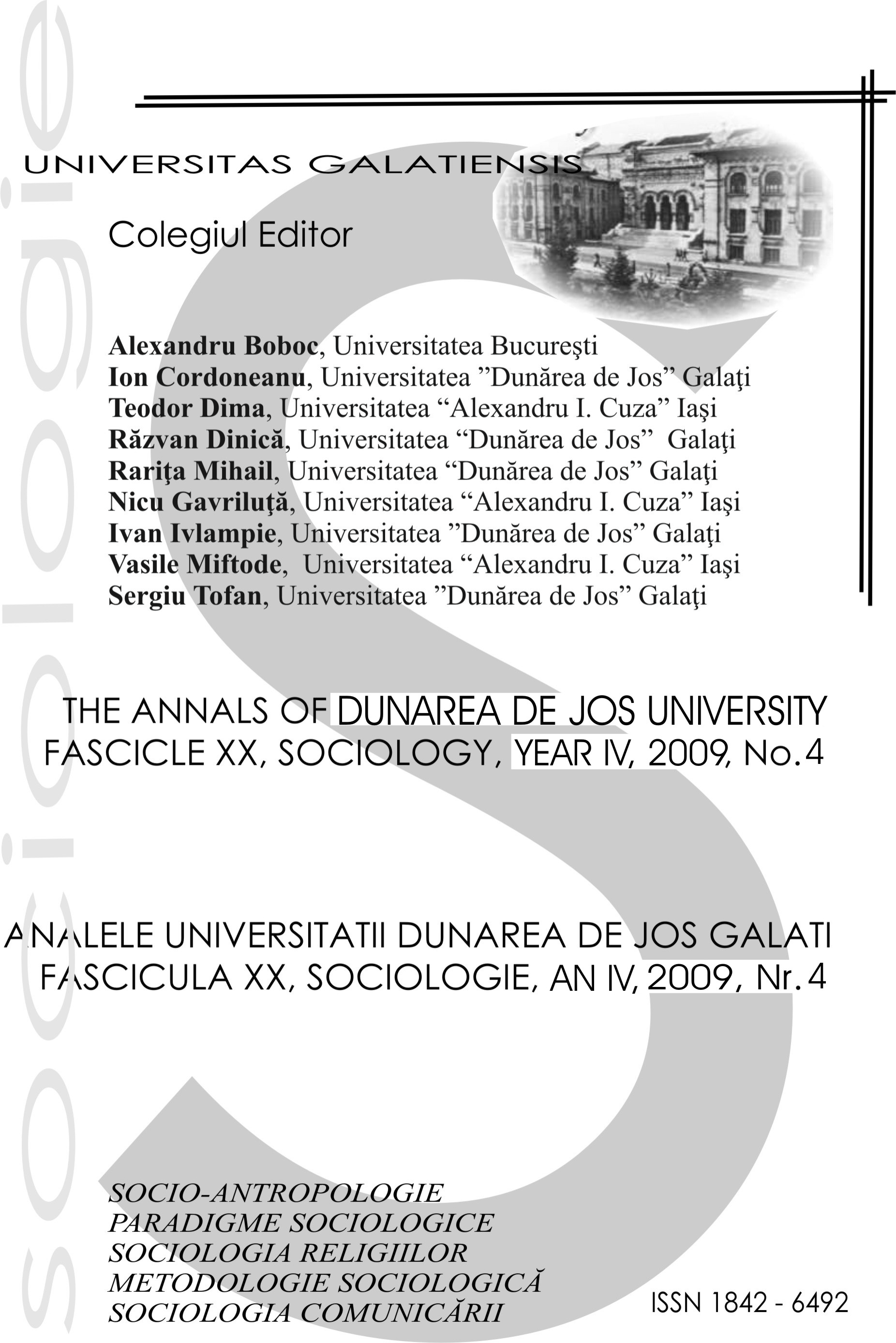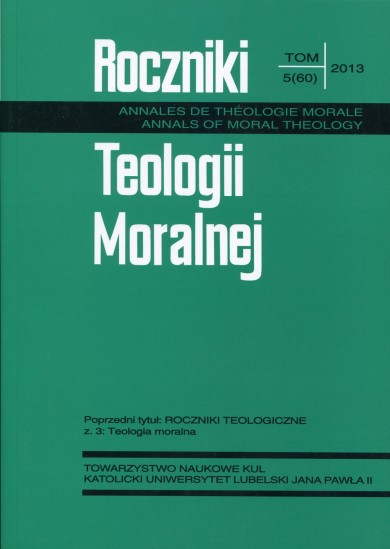
TECHNICALIZED PROCREATION - ETHICAL CHALLENGES
PROKREACJA TECHNICYZOWANA - WYZWANIA ETYCZNE
Keywords: ART; IN VITRO; TECHNICALIZED PROCREATION
Technicalized procreation in its various forms is not an idea that was developed only at the end of the 20th century. The first attempts at artificial insemination (in vivo) were made even several centuries earlier. In 1884 the first ethical work devoted to these attempts was published. When in the 20th century the techniques became commonly used, several publica-tions appeared, including documents issued by the Magisterium of the Church, that were devoted to this subject exclusively. Recently published results of medical studies on the effects produced on the health by different methods of assisted reproductive technology (ART) make one look at the methods even more critically. It has turned out that cryobiosis (freezing em¬bryos) causes the death of 85 to 90% of the embryos. It is also often the cause of defective development of the embryos. Using the methods of ART considerably enhances the risk of the occurrence of serious deceases, including genetic ones, in the "test-tube babies". In order not to allow the birth of children with inborn defects the number of abortions has increased. The use of ART techniques also carries serious threats for the health of the women who undergo such treatment. Most often the threats are connected with the hormone stimulation of their organisms in order to induce hyperovulation, and with the damaging of the inner organs, both when taking oocytes and during the transfer of embryos to the uterus. Medicine also has noted several cases of the death of women during carrying out the procedure of ART.
More...
